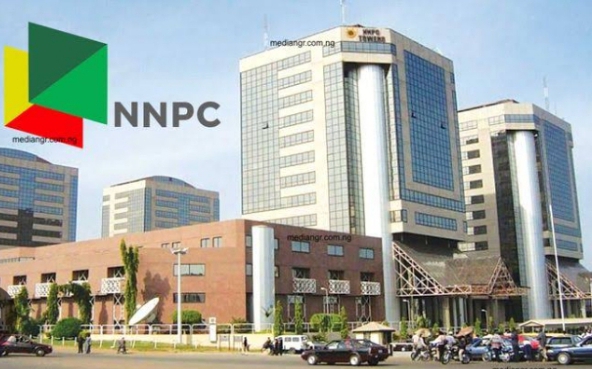NNPC Sounds Alarm: FG’s Unpaid Subsidy Debts Imperil Nigeria’s Economic Stability
The Federal Government has accumulated a staggering N7.8 trillion ($4.9 billion) in subsidy debts to the Nigerian National Petroleum Company Limited (NNPC) for the seven months to July, according to NNPC’s Chief Financial Officer, Umar Ajiya. This amount is almost half of the government’s projected revenue for the year, which stands at N19.4 trillion.
The government’s failure to settle this debt has resulted in fuel scarcity and skyrocketing inflation, which has risen to 33%. The reinstatement of the petrol subsidy in August last year has only served to exacerbate the situation, with the government now owing NNPC a substantial amount.
To make matters worse, the government has allowed NNPC to offset only N2.2 trillion of the debt against the subsidy debt, leaving a significant shortfall. The government’s inability to settle this debt has resulted in NNPC being forced to borrow heavily to finance its operations, with plans to invest $6.6 billion this year.
The situation is further compounded by the fact that NNPC is the sole importer of petrol, which it resells to marketers at below-market cost, resulting in a significant loss. The company’s retail stations in Abuja sell petrol for N617 per liter, compared to over N1,000 in other locations, fueling cross-border smuggling.
Despite these challenges, NNPC has recorded an annual profit of N3.3 trillion in 2023, compared to N2.55 trillion the previous year. However, the company’s plans to increase crude and condensates production to two million barrels per day by year-end are likely to be hindered by the government’s failure to settle its debts.
This situation is unacceptable and requires immediate attention from the government to avoid further fuel scarcity, inflation, and economic hardship for Nigerians.

